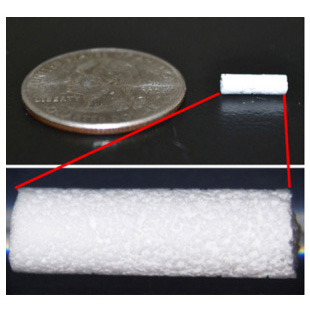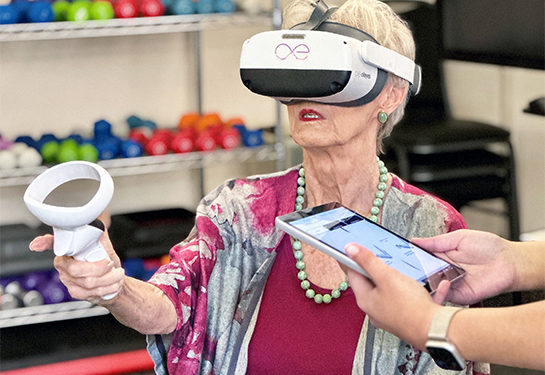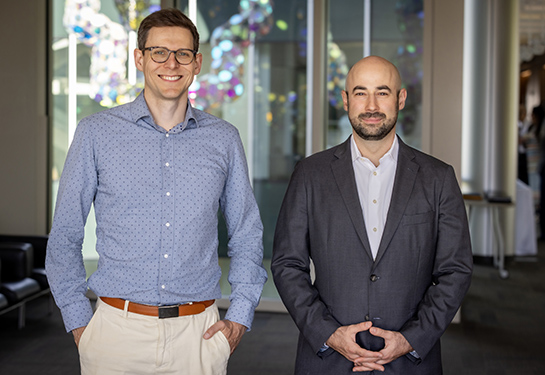Neurosurgeon receives national recognition for research on spinal cord injury
Kee Kim earns ‘2023 Top Spine Paper of the Year’ for innovative research advancing spinal cord treatment
A paper by Kee Kim, the chief of spinal neurosurgery for UC Davis Health, has been named the "2023 Top Spine Paper of the Year" by the Congress of Neurological Surgeons (CNS). The award recognizes his innovative research into spinal cord injuries.
Kim, who is also a professor in the Department of Neurological Surgery was selected for his research paper titled, “Acute Implantation of a Bioresorbable Polymer Scaffold in Patients With Complete Thoracic Spinal Cord Injury: 24-Month Follow-up From the INSPIRE Study.” The paper was published in the journal Neurosurgery.
The prestigious award from CNS recognizes his contributions to a clinical trial conducted across hospitals nationwide, including UC Davis Medical Center.
"Receiving this recognition is quite the honor. I must acknowledge that without my colleagues, this would not be possible. It is a team effort," Kim said. "This is a small step in a decades-long effort to assist our paralyzed patients in regaining a portion of the function they have lost."
Receiving this recognition is quite the honor. I must acknowledge that without my colleagues, this would not be possible. It is a team effort. This is a small step in a decades-long effort to assist our paralyzed patients regain a portion of the function they have lost." —Kee Kim
The clinical trial enrolled 19 people aged 16 to 70 with severe injuries in the thoracic segment of their spinal columns. The thoracic section, which starts at the base of the neck and extends to the lower boundary of the rib cage, encompasses 12 vertebrae identified as T1-T12.

The intervention involves the insertion of an investigational neuro-spinal scaffold, developed by InVivo Therapeutics Corp., directly into the injured spinal cord to help repair of nerve tissue. The highly porous biopolymer device is later broken down by the body and absorbed.
Results showed two notable outcomes. The first is that patients remained stable, with some showing improvements in their condition at around 12 months post-surgery and beyond. The second is that putting the implant directly into the spinal cord seemed safe, with no lasting neurological problems found at the 24-month checkup.
"Neurosurgeons have traditionally been cautious about making incisions into the spinal cord, even when it's injured. In traumatic situations, the prevailing concern has been whether such interventions might do more harm than good,” Kim said. “This has unequivocally shown that we can perform these procedures safely, without causing harm for those with complete thoracic spinal cord injury and may facilitate further innovative treatments for our patients with spinal cord injury."
Read about the clinical trial that led to Kim’s recognition.
The award showcases the partnership between the CNS and the journal Neurosurgery. Special recognition is given to authors whose papers questioned established beliefs, brought about a fundamental change in thinking, and inspired surgeons to reconsider their approaches to patient care, big data, and trial results.
Kim will present his paper at the 2023 CNS Annual Meeting in Washington, DC, next month.




